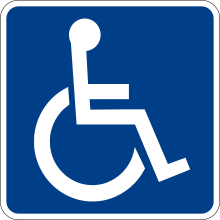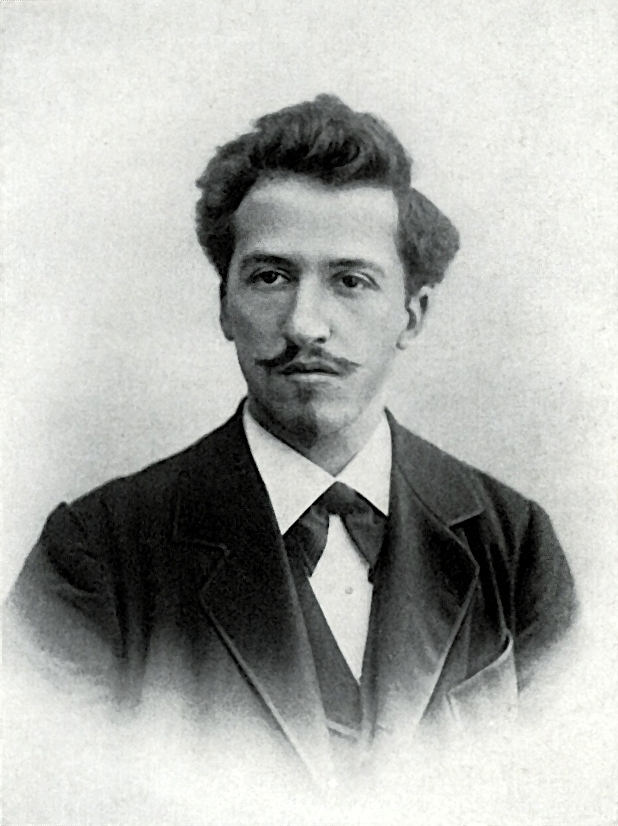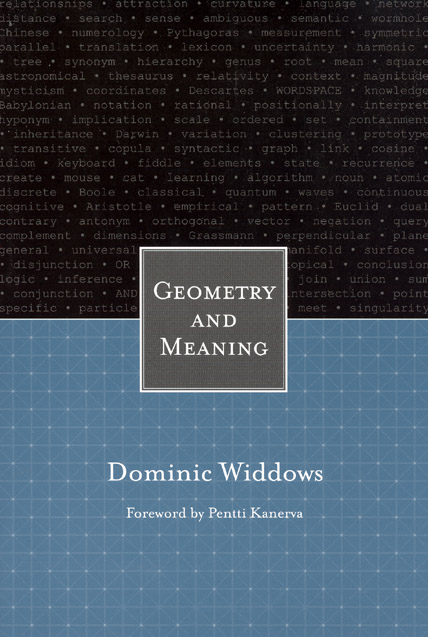Mike Miliard's
in
Healthcare IT News is a reminder of accessibility and engagement at the level of a communities languages.
This is one of the reasons why I am committed to using Drupal, to try to make use of its Internationalization capabilities amongst others.
Thanks to Mike's post I'm now familiar with a 'full court press' as a hospital - enterprise wide no less - seeks to achieve defined patient engagement levels by accessing their electronic health record.
This begs the question of what constitutes the patients' language? I don't just mean the purely linguistic forms of Chinese, Korean, Russian and Greek mentioned in the article. The effort is driven by the statutory demands of meaningful use, but what of the patient's general literacy, IT and health literacies? How do patients make sense of their own health (or another in the role of a carer) not just in a given language, but culturally from a medical sociological and public health perspective? What is the community's vocabulary when it comes to health?
How can we assure that meaningfulness? How can we affirm that use and critically translate use into patient benefits and self-efficacy?
You could also entitle Mike's article as
4 portals speak patients' language
individual
INTERPERSONAL : SCIENCES
humanistic ------------------------------------------- mechanistic
SOCIOLOGY : POLITICAL
group
| Health Literacy, Accessibility |
Measures (health literacy, patient engagement, health and well-being, clinical outcomes)
|
Cultural Diversity, Languages, Carer
|
Internationalization
'Meaningful Use', Standards, Legislation, Policy
|
When we focus on languages we must remember that listening is a great gift. Whether as health and IT professionals, educators, patients and carers, listening to the care domains can help us integrate diverse social, clinical, policy and technical objectives.
What do these portals say to you?
https://twitter.com/MikeMiliardHITN
https://www.healthcareitnews.com/author/mike-miliard










 orcid.org/0000-0002-0192-8965
orcid.org/0000-0002-0192-8965